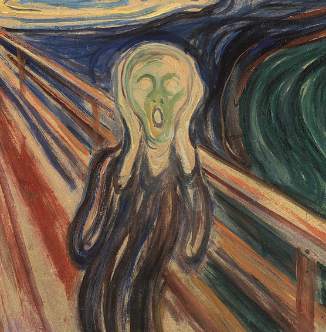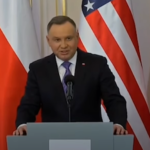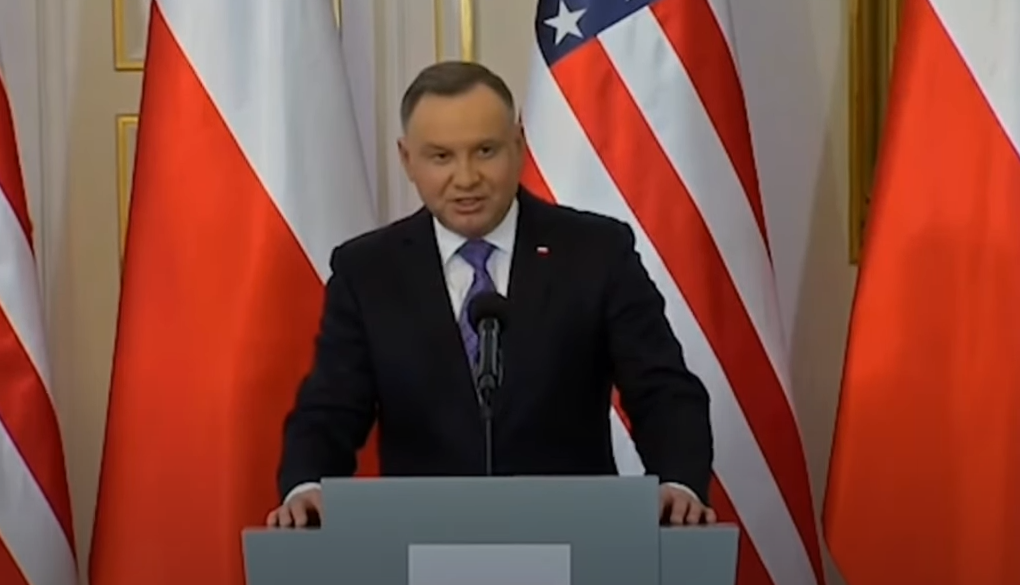Holy smoke! says Blinken, Holy smoke! says Biden, Holy smoke! says (von der) Leyen. Are we a reincarnation of Midas? With this huge difference, though, that whatever we touch turns into shit rather than gold…!
The United Kingdom announced providing the Ukrainian military with depleted uranium missiles, and so Vladimir Putin decided to deploy tactical nuclear weapons to Belarus. Gee, how can we ever now so much as dream about a regime change in Minsk? Once Russians have their nukes there, they will go out of their way to suppress any what of we call peaceful protests.
Holy smoke! The American president – the American president, mind you! – wanted to call the Chinese leader and was – can you imagine that? – snubbed! For all practical purposes Xi Jinping told Joe Biden – through one of his secretaries! – I am busy now. Can’t it wait? Maybe some other time.
The leader of the Kiev regime also demanded a meeting or at least a telephone conversation with Xi Jinping and his plea fell on deaf ears, but that was a puppet! President Biden himself would not stoop so low as to talk to a Zelensky, but to snub the American president?
Holy smoke! What are the Saudis doing? They are burying the hatchet and began a process of reconciliation with Iran? The Saudis, our besties in the Middle East (second only to Israel, of course) are doing it through Chinese intercession and with Russia’s blessing? They are not complying to American wishes anymore concerning oil extraction? Worse, they are playing with the idea of switching from the dollar to the renminbi while trading in oil?! Hey, you old chap Kissinger! Could you not give us a hand with it? You brokered excellent relationships with the Saudis and China, look what it came to pass now!
Now France. Millions are taking to the streets and they’ve been rioting for weeks now. What has come over those people? Have we not tried hard enough to mix them up with Third Worlders so as to break their national or social coherence and to avoid having people protesting in the streets like this? No expected effect? Gee… Maybe we have injected too few immigrants…
Now the Netherlands, now Belgium, now Brussels – the political centre of Europe – of all the places! Dutch farmers are blocking the highways and streets with their trucks and tractors. Why can’t they understand that nitrogen kills us all? Have we not pumped enough money into the cardboard cutout Greta Thunberg to make people believe in the man-made climate change story and consequently make them follow our leadership in this respect?
Look at small Georgia. They are about to apply for membership in the European Union and NATO, and despite that their prime minister has dared to issue a nationwide warning about the Ukrainization of Georgia. What does he mean? We know what he means. Yeah, he does not want to have his country turned into another war zone between the West and Russia. ok, but wait a minute, mister prime minister! Do you not remember Madeleine Albright, who (in)famously said in an interview that the lives of thousands of children were a small price for the abolition of communism? Can Georgia not sacrifice itself in the crusade against Russia? Can’t three and a half million Georgians – what a laughable number! – sacrifice themselves on the altar of the good of humanity? Hey, you Georgian prime minister! Do not worry! We will take care of you, the way we will take care of Mr Zelensky!
Now the worst of it all is the dedollarisation. Holy smoke! If we lose that global leverage, we are done. Done once and for all. We have had such a wonderfully effective stranglehold on all nations in the world: just printing dollars or freezing a nation’s deposit made nations prostrate before us and lick our boots. What now? Will we need to go to actual war with all the disobedient countries whose number is rising?
Holy smoke! Mexico, Brasilia, Saudi Arabia, Argentina – who else? – they all drift away from us and swerve towards BRICS. What’s that? How could they spurn our values of human rights and democracy and LGTB rights and the fight for the climate agenda, and, instead, look to dictators and regimes as a political, economic and cultural alternative?
Holy smoke, even as small a country as Hungary or Slovakia are rebellious: the leader of the former does not understand the importance of doubling down on the military and economic war effort with Russia, while the people of the latter protest against NATO! Against NATO – of all the organizations – that protects them against the Russian bear? Are they insane? No, these must be Putin’s agents operating there. Mentally healthy people would never ever protest against NATO, the European Union or the United States!
Holy smoke, by now we have agreed on the eleventh set of sanctions against Russia and… we are running out of them! What is more there to sanction? Yes, Russian music, art, films, literature… That would be the twelfth wave of sanctions. When then? What will we sanction? Russian personal names? Yeah, Boris Johnson would have to drop his… How about that? This will ultimately break the Russian bear.






















